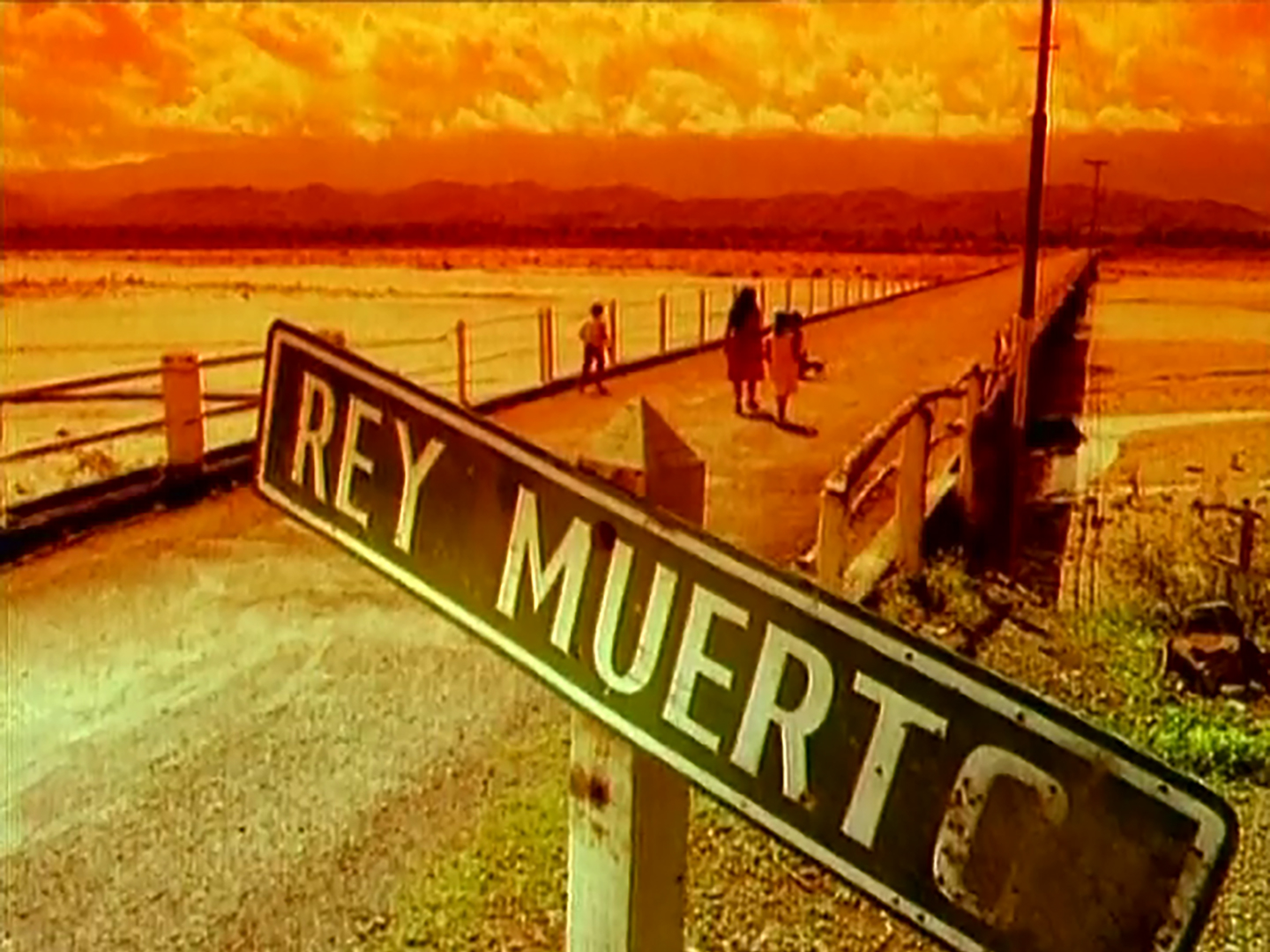
Lucrecia Martel is a graduate of the National School of Cinematographic Experimentation and Production (ENERC), she participated in the first edition of the INCAA contest “Historias Breves”, with the short film Rey Muerto (1995), in which a wife tries to leave her village to get away from her abusive husband.
EN
“In Rey Muerto, which has a more straightforward narrative than any of Martel's later work, a woman kills her violent husband, and she and her children escape domestic violence. Unlike Martel's later films, this early short deals much more definitively in feminist options for escape, in the possibility for radical change, which in the features and later shorts is considerably more tempered. In its use of music and drumming, as well as in its more limited interpretative possibilities, Rey Muerto recalls canonical New Latin American Cinema classic La hora de los hornos (The Hour of the Furnaces). Like the films of that movement, Rey muerto has a clear political message: fighting back is necessary for political liberation.”
Deborah Martin1
“A defining feature of the New Argentine Cinema is the insufficiency and disintegration of the family order and patriarchal authority, the shift from a masculine imagination to a feminine imagination. Martel's films depict feminine worlds in which women and girls loom large and male characters are less prominent (even if they may silently control matters from the background). Mothers, especially, abound and multiply in Martel, though they are presented in a highly ambivalent way.”
Gonzalo Aguilar2
“With a rhythm that foreshadows the high temperature and propulsive pace of her feature debut La Ciénaga, Martel's Rey Muerto upends the Western genre with a fiercely feminist ending. Made as part of the 1995 anthology film Historias Breves – often said to have inaugurated the New Argentine Cinema movement – Rey Muerto, one of Martel's first student films, was both a breakthrough and an early glimpse at what was to come.”
This article was originally published for The Institute of Contemporary Arts (ICA), 2018.

